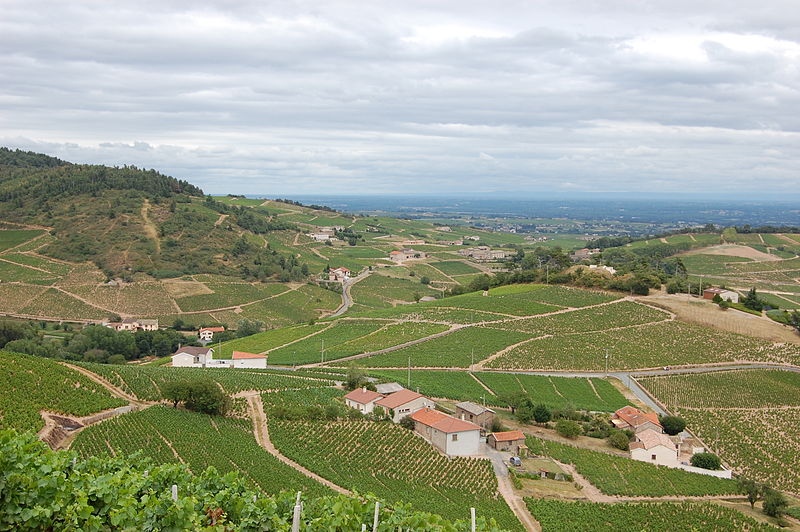
Considering technological advancements and the implementation of them across a consistent number of world-wide wineries, is an international style of wine rendering blind tasting an exercise in futility? This is an issue Steve Heimoff explores on his blog. Though this is no new debate, as Heimoff quotes Gerald Asher who, writing in 1986, laments how modern winemaking techniques have "...imposed the dominant grapy fragrance that brings out similarities in modern wines rather than the bold differences we knew.” (The title of this post is from a specific critique from Asher regarding a Bordeaux tasting like a Beaujolais, which seems a bit hyperbolic. But I get the exaggerating for effect technique.)
Instead of bemoaning this fate and wishing for a simpler time that has vanished like the last drops of a fine luncheon claret, Heimoff is not hung up on grape variety typicity based on location, stating, "This is why I never criticized a wine for being varietally 'incorrect.' Who cares if a Merlot is not particularly Merlot-like as long as it’s luscious?"
So how does this impact the job of a wine critic? Heimoff asks, "Is it difficult to reconcile the twin facts of an internationalization of style with degrees of quality?" And where does personal preference come in? Does it? Should it? View a recap of this debate on Twitter between Jamie Goode and James Molesworth.
Can a wine be varietally incorrect and still be lauded? What does it mean for a Merlot, or any other grape, to be "correct", whether from Sonoma or Saint-Émilion?










